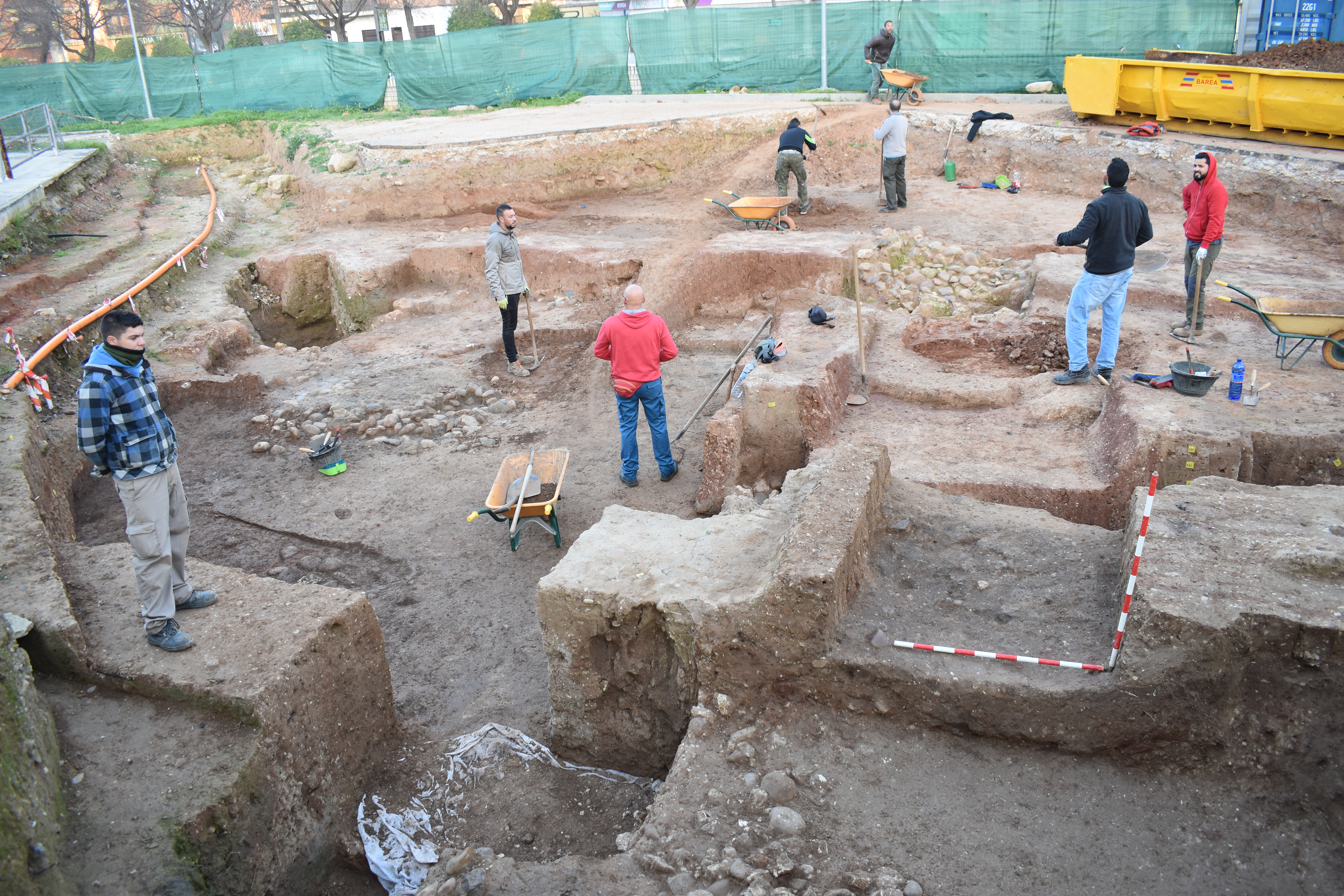
Stephanie Pappas
Stephanie Pappas is a contributing writer for Live Science, covering topics ranging from geoscience to archaeology to the human brain and behavior. She was previously a senior writer for Live Science but is now a freelancer based in Denver, Colorado, and regularly contributes to Scientific American and The Monitor, the monthly magazine of the American Psychological Association. Stephanie received a bachelor's degree in psychology from the University of South Carolina and a graduate certificate in science communication from the University of California, Santa Cruz.
Latest articles by Stephanie Pappas
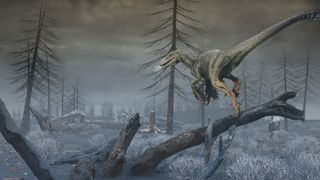
Dust from the dino-killing impact ushered in years of global darkness
By Stephanie Pappas published
The Chicxulub impact threw sulfur gas, soot and dust into the air. New research finds that the dust may have been the most devastating.
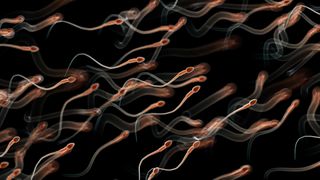
Scientists decode 'LEGO protein' that makes sperm swim
By Stephanie Pappas published
Scientists have decoded a protein from sea-urchin sperm that's also found in other animals, including humans, raising a new potential avenue for treating male infertility and developing male birth control.

Distorted crystals use 'pseudogravity' to bend light like black holes do
By Stephanie Pappas published
Researchers have used a special crystal to bend the trajectory of light like a black hole would, a phenomenon known as 'pseudogravity.'
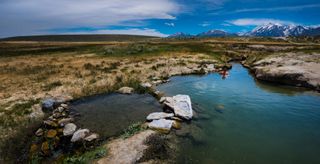
California's supervolcano has a massive lid that causes swarms of earthquakes — and that's a good thing, scientists say
By Stephanie Pappas published
A dormant supervolcano in California's Eastern Sierra Nevada mountains lets off the occasional earthquake swarm, but new evidence suggests it's simmering down.
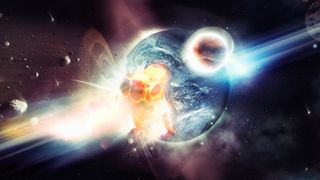
Mystery blobs in Earth's mantle may be linked to ancient gold and platinum that arrived from space
By Stephanie Pappas published
The gold and platinum that came from giant space rocks should have sunk into Earth's core instead of rising to the crust. Scientists have now worked out how this happened — and it may explain some really weird blobs deep in our planet's mantle.
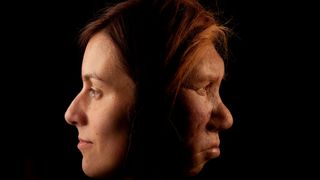
Scientists finally solve mystery of why Europeans have less Neanderthal DNA than East Asians
By Stephanie Pappas published
Modern Europeans have a smaller proportion of Neanderthal genes in their genomes than East Asians do. New research suggests the reason lies at the feet of migrating early farmers.
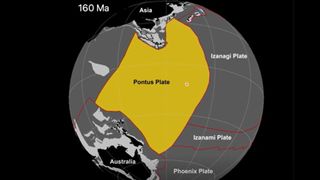
Scientists discover ghost of ancient mega-plate that disappeared 20 million years ago
By Stephanie Pappas published
A long-lost tectonic plate dubbed 'Pontus' that was a quarter of the size of the Pacific Ocean was discovered by chance by scientists studying ancient rocks in Borneo.
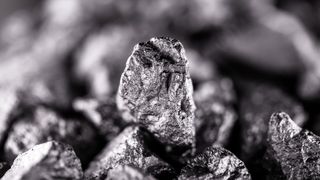
China discovers never-before-seen ore containing a highly valuable rare earth element
By Stephanie Pappas published
A new ore, dubbed niobobaotite, was discovered in Inner Mongolia's Bayan Obo deposit and contains the rare earth element niobium — a valuable metal that acts as a superconductor and could revolutionize battery technology.
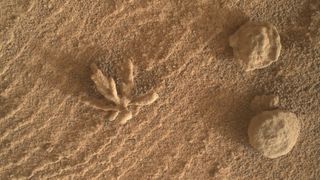
15 Martian objects that aren't what they seem
By Stephanie Pappas, Natalie Wolchover, Brandon Specktor published
From Martian 'faces' to blueberries and bears, the Red Planet has long tricked human minds into seeing signs of life that aren't there.
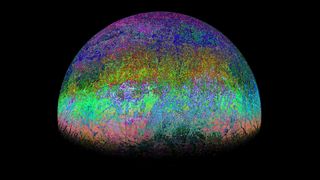
James Webb telescope finds potential signature of life on Jupiter's icy moon Europa
By Stephanie Pappas published
The discovery of seemingly home-grown carbon dioxide suggests Europa's ice-covered ocean could be habitable.
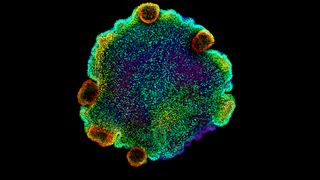
Bizarre blob-like animal may hint at origins of neurons
By Stephanie Pappas published
Placozoans, animals so simple they look like blobby pancakes, have been found to contain cells that may hold the ancestors of modern neurons.
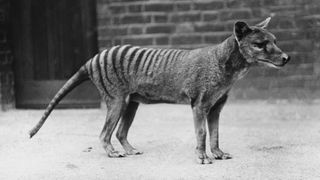
RNA extracted from a extinct Tasmanian tiger for the 1st time
By Stephanie Pappas published
Researchers analyzed RNA from the 130-year-old tissue of a Tasmanian tiger, a carnivorous marsupial that went extinct nine decades ago.

Earth's biggest cache of pink diamonds formed in the breakup of the 1st supercontinent 'Nuna'
By Stephanie Pappas published
The Argyle formation in Australia, which hosts 90% of the world's pink diamonds, formed when the first supercontinent broke up.
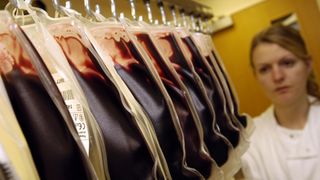
Blood transfusions might transfer proteins involved in brain hemorrhage — but it would be incredibly rare
By Stephanie Pappas published
The risk of a rare type of brain hemorrhage may be transmissible, though the absolute risk is very low.
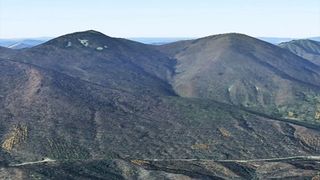
World's 1st mountaintop impact crater discovered in northeastern China
By Stephanie Pappas published
A two-peaked mountain in northeastern China is the site of the world's first confirmed mountaintop crater.

Anatolian fault that gave rise to deadly Turkey and Syria quakes formed 5 million years ago
By Stephanie Pappas published
A new study traces the birth of a tectonic plate.
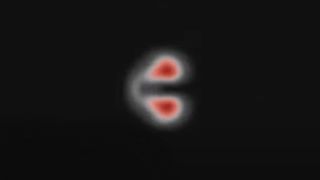
Scientists manipulate quantum mechanics to slow down a chemical reaction by 100 billion times
By Stephanie Pappas published
Using a quantum device, researchers have observed, for the first time, a molecular process called conical intersection that is important in reactions such as photosynthesis.
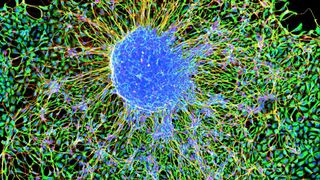
Scientists reveal the hidden math that governs how neurons cluster in the brain
By Stephanie Pappas published
In humans and several other mammals, brain cells are distributed according to a fundamental mathematical pattern, which could help researchers make better models of the brain in the future.

Hot weather could boost aggression — but only in certain conditions
By Stephanie Pappas published
Under some circumstances, people may become more aggressive when they're overheated. But other decision-making doesn't seem to be affected.
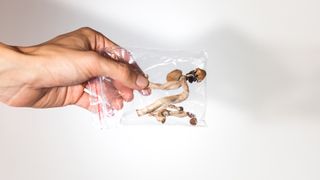
Hallucinogen use hits record-high in adults, survey reveals
By Stephanie Pappas published
An annual survey started in 1975 suggests that more adults under 50 are using hallucinogens.
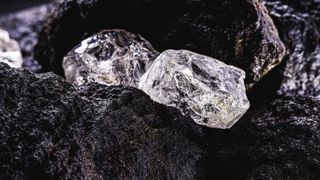
Fountains of diamonds erupt from Earth's center as supercontinents break up
By Stephanie Pappas published
Researchers have discovered a pattern where diamonds spew from deep beneath Earth's surface in huge, explosive volcanic eruptions.
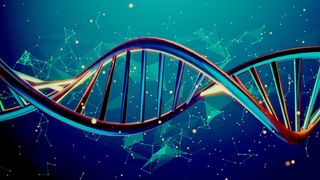
Scientists uncover hidden math that governs genetic mutations
By Stephanie Pappas published
The ability of a gene to keep functioning despite mutations shows a surprising link to fundamental math.
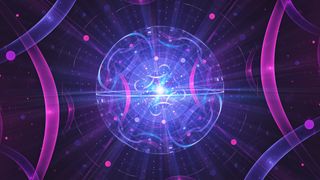
'Quantum superchemistry' observed for the 1st time ever
By Stephanie Pappas published
A new type of chemistry performed at very cold temperatures on very small particles enables quick, precise reactions.
Get the world’s most fascinating discoveries delivered straight to your inbox.


